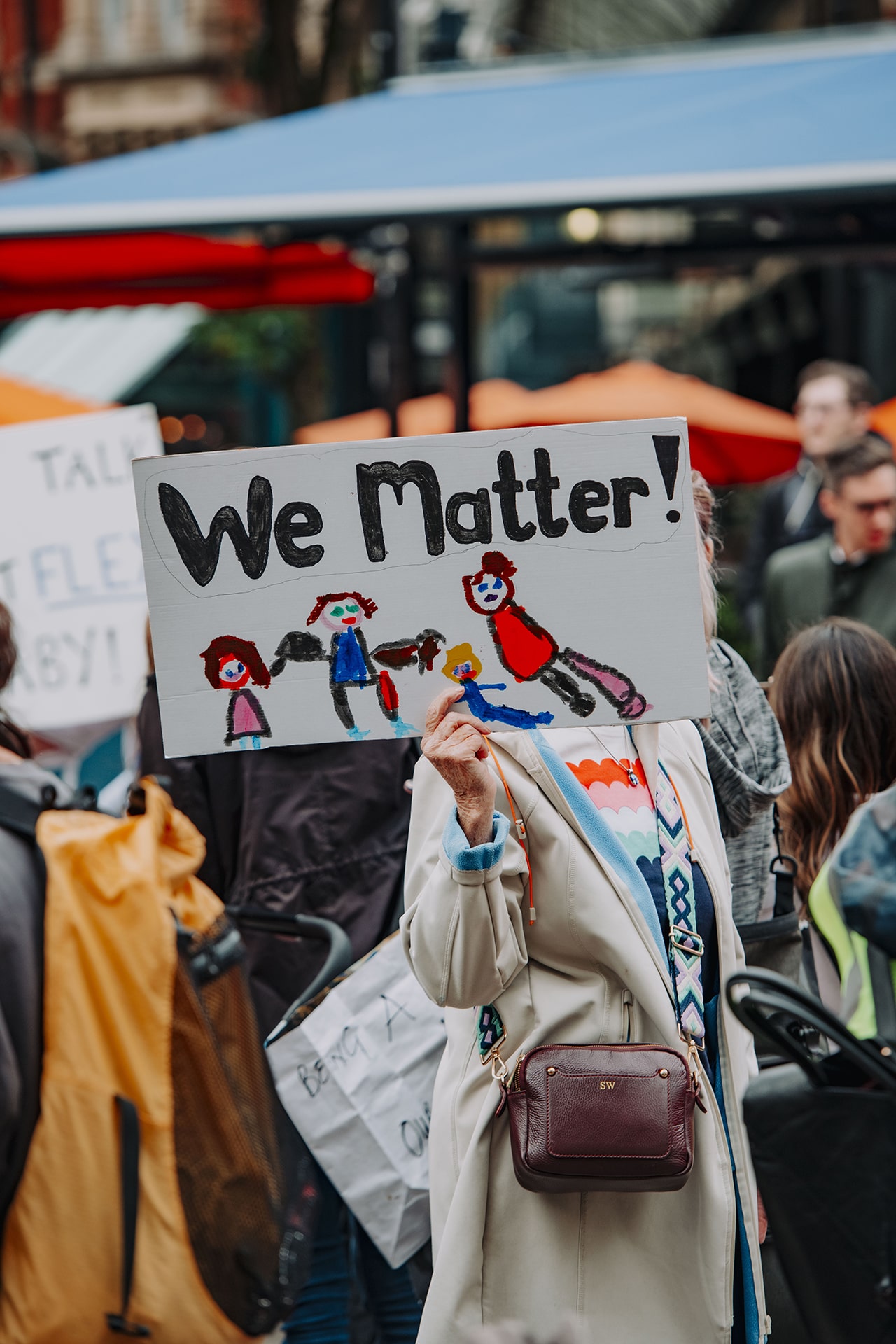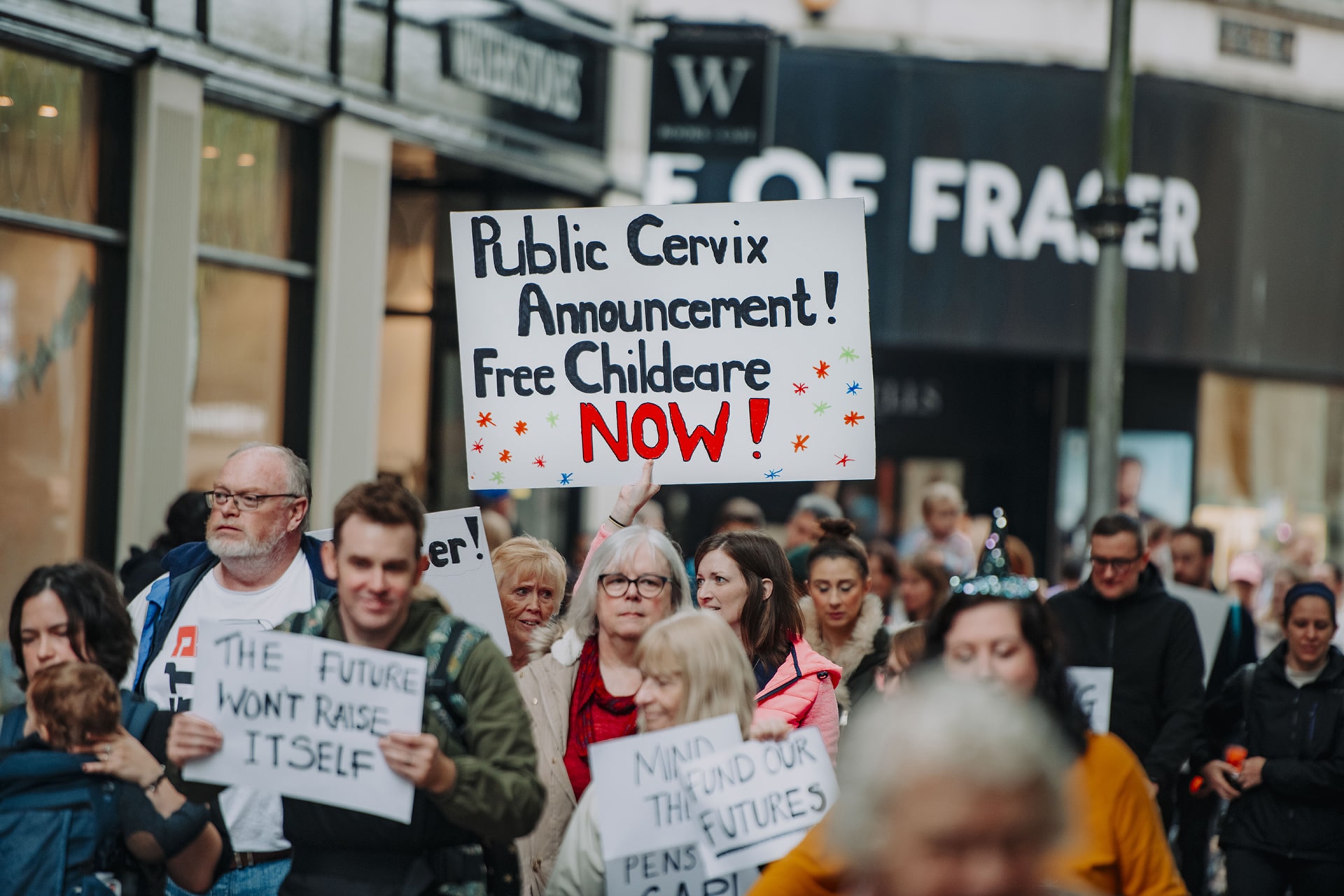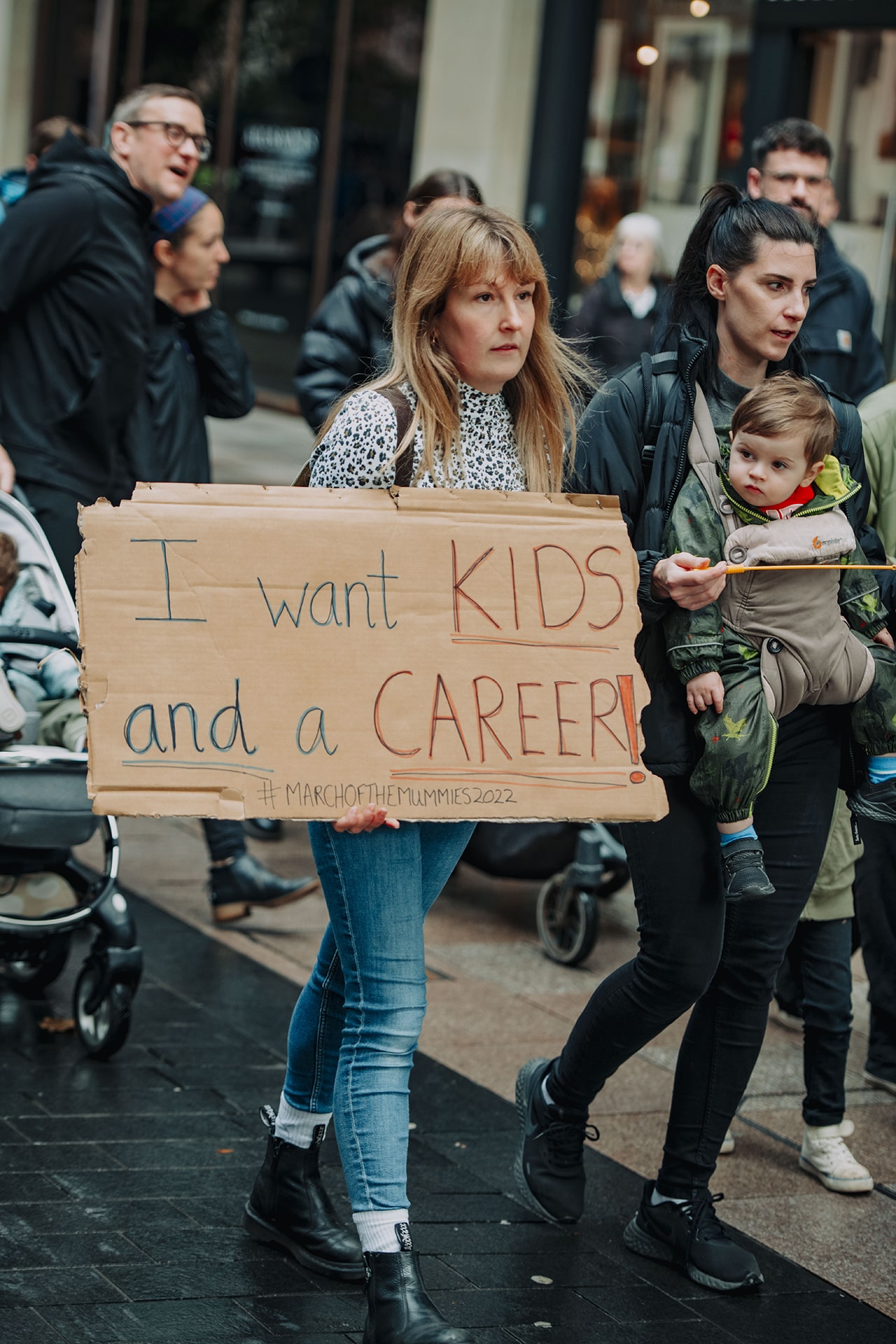
A QUARTER OF PREGNANT NHS WORKERS ARE STILL WORKING WITH PATIENTS WHO COULD HAVE COVID19 DESPITE THEM BEING CLASSED AS VULNERABLE
24% of pregnant NHS workers feel unsafe, rising to 31% for BAME pregnant NHS workers
Being pregnant isn’t easy, and much less so during a global pandemic. If Covid-19 can be described as ‘unprecedented’, you can be assured it feels unprecedented for pregnant mothers. This is heightened for pregnant key workers in the NHS, many of whom have been jeopardised by poor health and safety at work. Of the 2180 pregnant workers surveyed by Pregnant Then Screwed, 25% of pregnant NHS workers are putting themselves and their baby at risk by not adhering to social distancing, while 24% of Pregnant NHS workers feel unsafe. This figure rises to 31% for BAME pregnant NHS workers. A further 8% have been suspended from work on the wrong terms, potentially in breach of their employment rights. The disparity within these statistics shows that race is playing a role even in otherwise equal – and terrible – circumstances.
The sad reality is that at least three pregnant women have died from Covid-19. Thus far, all have been women of colour. Mary Agyeiwaa Agyapong was a 28-year-old nurse with no underlying health problems. She died at 8 months pregnant, leaving behind a premature baby who will now grow up without a mother. Salina Shaw and Fozia Hanif also died from the virus just a few days after their babies were delivered by emergency C-section. It’s important to remember their names and stories, in the backdrop of a society which valued their production but not their wellbeing. At any age, grieving children cling to the stories of their mothers. The stories of these women were cut short during a mishandled pandemic.
Frankly, I’m tired. Institutional racism in various arenas, whether policing or healthcare, is verified time and time again. Inquiries happen, but action does not. Black women in the UK are 5 many times more likely to die during childbirth than white women. When we have cancer, it’s diagnosed at a later stage and with a worse prognosis. Research has shown that when we feel pain, medical professionals are less likely to act due to a belief we have a higher pain tolerance. All minority groups in the UK are more likely to have environmentally induced risk factors, such as overcrowded housing which makes isolation difficult, or 0 hours contracts, or work in service industries. Even in the NHS, the frontline of the pandemic response, suffering isn’t equal.
Pregnant women were placed in the ‘vulnerable’ category on the 16th of March. I have always felt that vulnerability is either a consequence or a construct. Yes, pregnant people are vulnerable to unsafe conditions because of the drastic physical process behind the making of a person. The current evidence shows that vertical transmission – where a mother passes the virus to the baby in utero – is ‘probable’. Even if the unborn is unaffected, if infected with Covid-19 in the final trimester of pregnancy a woman is ‘more likely to become seriously unwell’, with risk of premature birth. Pregnant women are inherently more vulnerable to risk from this virus. However, on the flip side, pregnant women are made vulnerable to loss of opportunity, employment and rights.
Whether rampant workplace discrimination or a sheer lack of funding for research in women’s healthcare, these vulnerabilities are created by discrimination, exclusion and neglect. Many pregnant women are faced with a false choice; accept mistreatment or risk your job; a job which provides an income for said child. The weight of this choice is often multiplied for BME women, who are less likely to have access to generational wealth or financial resources as their white counterparts in the same job roles. Of the pregnant NHS workers who are still treating patients, 26% are more than 28 weeks pregnant. The risk they are exposed to was completely avoidable, not part and parcel of inherent vulnerability.
Health and safety law states that pregnant women must either be able to socially distance at work during this pandemic or they must be suspended on full pay. Instead, many pregnant workers are being forced to take statutory sick pay when they are not sick, to take annual leave or to start their maternity leave early. Some have even been suspended with no pay at all. The looming threat of not having a job to go back to implicitly lurks in the background. One pregnant Midwife describes her experience: “I feel like a guinea pig. I feel unsafe and unheard. Ironic that I work in a maternity unit and people are not concerned with my health, or that of my unborn baby.” Pregnant women of colour are more likely to be working in environments they would describe as unsafe – this figure is 13% for BME pregnant women, compared to 8% for white pregnant women. It’s hard not to feel disposable when faced with such negligence.
Pregnancy carries risks like changes to your eyesight, diabetes, blood clots, bone damage and can be fatal even in the best of times. In my own delivery, I nearly bled to death. Pregnancy during a pandemic that disproportionately kills people from black and minority ethnicities is even more formidable. The media depiction of those fighting and suffering don’t look like me, but many of the people on the front lines of this crisis do, and they deserve to be supported and protected as they endeavour to do the same for us.
By Sophia Moreau


